
Short Poetry Collection 183
This is a collection of 35 poems read in English by LibriVox volunteers for August 2018. [chương_files]
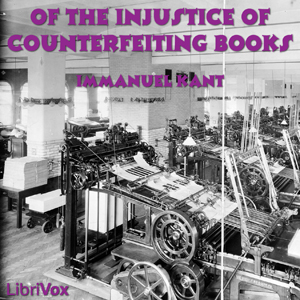
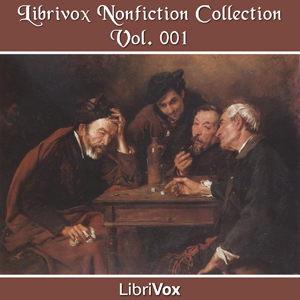


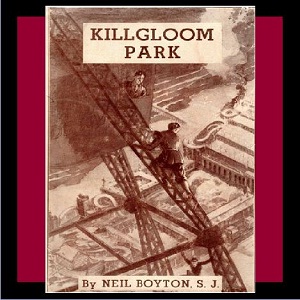
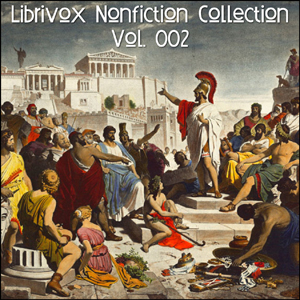






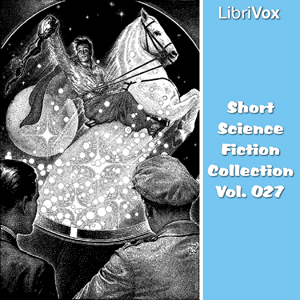
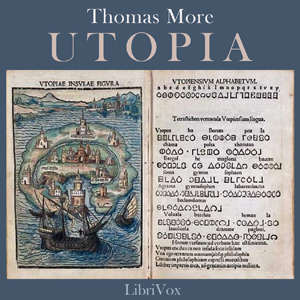






This is a collection of 35 poems read in English by LibriVox volunteers for August 2018. [chương_files]
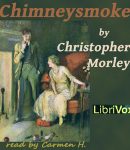
A collection of short poems on various themes by the author. (Summary by Carmen H) [chương_files]

2012 was the 200th anniversary of Dickens’ birth. This is the fourth volume; the first volume of short works – fiction, essays, poetry and speeches, previously unrecorded for LibriVox, was catalogued by Dickens’ birthday on February 7th 2012. Further volumes were added during the anniversary year. (Summary by Ruth Golding) [chương_files]

2012 was the 200th anniversary of Dickens’ birth. This is the fifth and last volume; the first volume of short works – fiction, essays, poetry and speeches, previously unrecorded for LibriVox, was catalogued by Dickens’ birthday on February 7th 2012, and further volumes followed throughout the anniversary year. (Summary by Ruth Golding) [chương_files]

“When Fame comes upon a man well before death then must he most particularly beware of it, for is it then most dangerous. Neither must he, having achieved it, relax effort nor (a much greater peril) think he has done his work because some Fame now attaches thereto.” — Hilaire Belloc [chương_files]

This is a collection of poems read by LibriVox volunteers for March 2012. [chương_files]
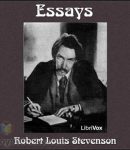
“Extreme busyness…is a symptom of deficient vitality; and a faculty for idleness implies a catholic appetite and a strong sense of personal identity.” What comforting words for the idle among us! Like many of the best essayists, Stevenson is very much the genial fireside companion: opinionated, but never malicious; a marvellous practitioner of the inclusive monologue. In this collection of nine pieces he discusses the art of appreciating unattractive scenery, traces the complex social life of dogs, and meditates in several essays upon the experience of reading literature and writing it. Perhaps his most personal passages concern death and mortality. Here we meet him at his most undogmatically optimistic, as he affirms a wholesome faith in “the liveableness of Life”. [chương_files]
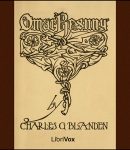
Most of the translations of the Rubaiyat of Omar Khayyam have been in verse. However, there have been three notable exceptions to this convention; the French translation by J. B. Nicolas (1867), the English version by Justin Huntly McCarthy (1889) and another English version by Frederick Rolfe (better known as Baron Corvo, the author of Hadrian VII), published in 1903. Charles Blanden (1857 – 1933) belonged to the group known as the Chicago poets, the most famous of which was Carl Sandburg. Unlike his celebrated contemporary. Blanden was no innovator, and most of his verse is sweet and melodious, composed with craftsmanlike skill, but often lacking in imaginative fervour. Most of his collections of verse, bearing such titles as The Battle of Love, A Chorus of Leaves, A Drift of Song, and A Valley Muse, were published in limited editions, which have not since been reprinted, and today his poetry is considered of little more than historical interest. One of Blanden’s most engaging enterprises was his verse reworking of Justin McCarthy’s prose translation of the Rubaiyat, which was published in 1901. Blanden uses an eight line verse structure with a rhyming scheme of ABABCDCD. As he was working with images and arguments supplied by a poet far more eloquent than himself, Blanden was free to focus on the elegance and flow of the lines, and as a result, the work predominantly reflects his skill in versification, which was considerable, rather than his own conceptions, which were often commonplace. It cannot […]

“Long before I knew that the speech of men was misused by them and that they lied in the hearing of the gods perpetually in those early days through which all men have passed, during which one believes what one is told, an old and crusty woman of great wealth, to whom I was describing what I intended to do with life (which in those days seemed to me of infinite duration), said to me, ( You are building castles in Spain.’ I was too much in awe of this woman not on account of the wealth, but on account of the crust to go further into the matter, but it seemed to me a very foolish thing to say, for I had never been to Spain, and I had nothing wherewith to build a castle and indeed such a project had never passed through my head.” — Hilaire Belloc [chương_files]

A dozen assorted articles from British and American periodicals, including The Atlantic Monthly, Punch, The Chicago Record-Herald, Chambers’s Edinburgh Journal, Lippincott’s Magazine of Popular Literature and Science, The Library, St. Nicholas, American Missionary, The Great Events by Famous Historians, and The Continental Monthly. [chương_files]
Copyright © 2024 | FreeAudible